KEEQuant is a German start-up company specializing in the development of quantum key distribution (QKD) systems. This technology enables secure communication by using the principles of quantum physics to ensure long-term security. By using integrated photonics, KEEQuant aims to make QKD a solution suitable for the mass market and thus strengthen Europe's digital sovereignty.
KEEQuant's quantum key distribution (QKD) revolutionizes data security and protects sensitive information from the challenges of the future. In the age of the quantum computer, which could easily decrypt classic encryption methods, QKD represents a decisive innovation. This technology is based on the exchange of quantum states via fiber optic cables or alternative networks and makes it possible to generate secure keys that are independent of an attacker's computing power. This ensures fundamentally secure communication that can also withstand future threats.
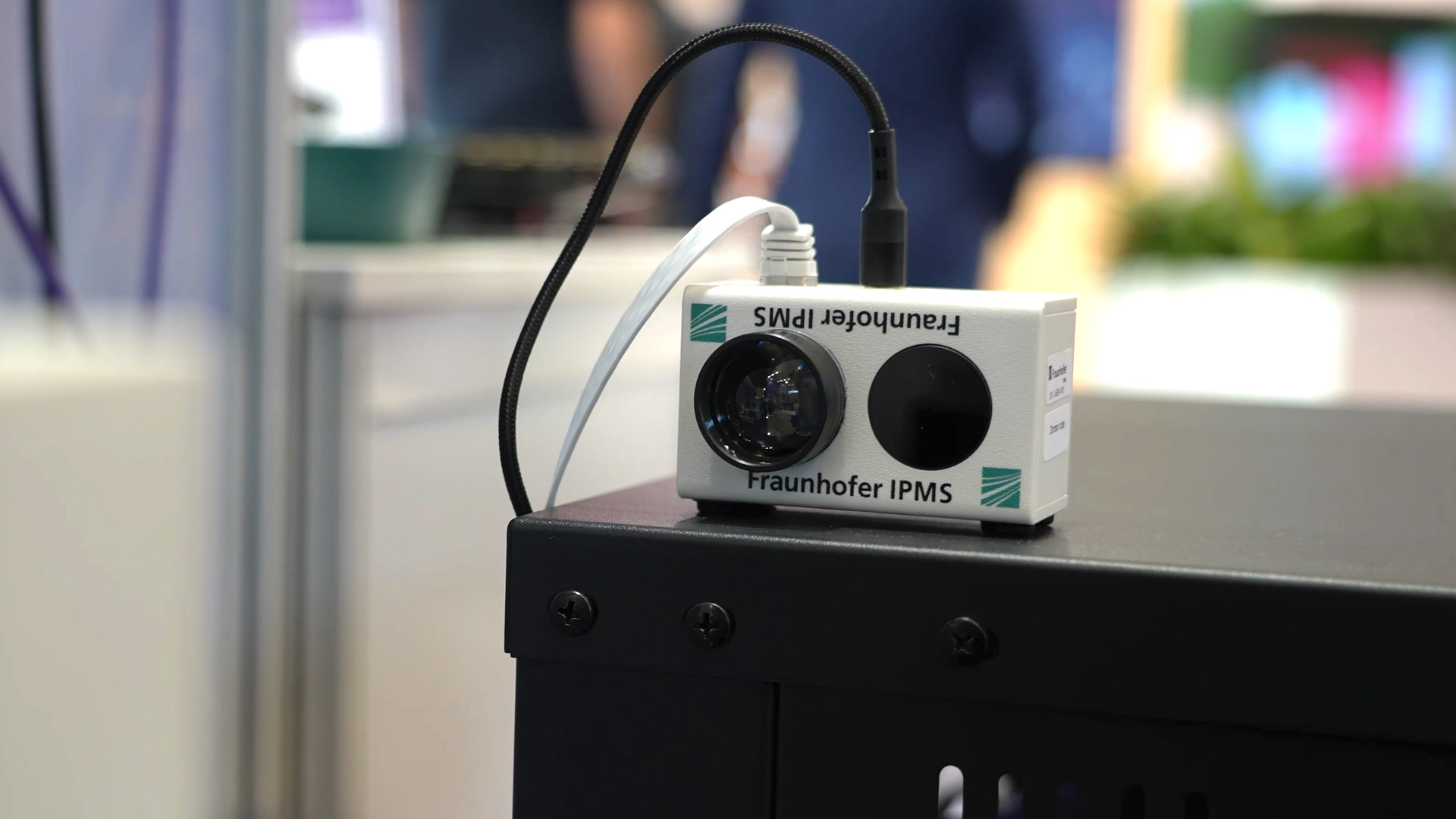
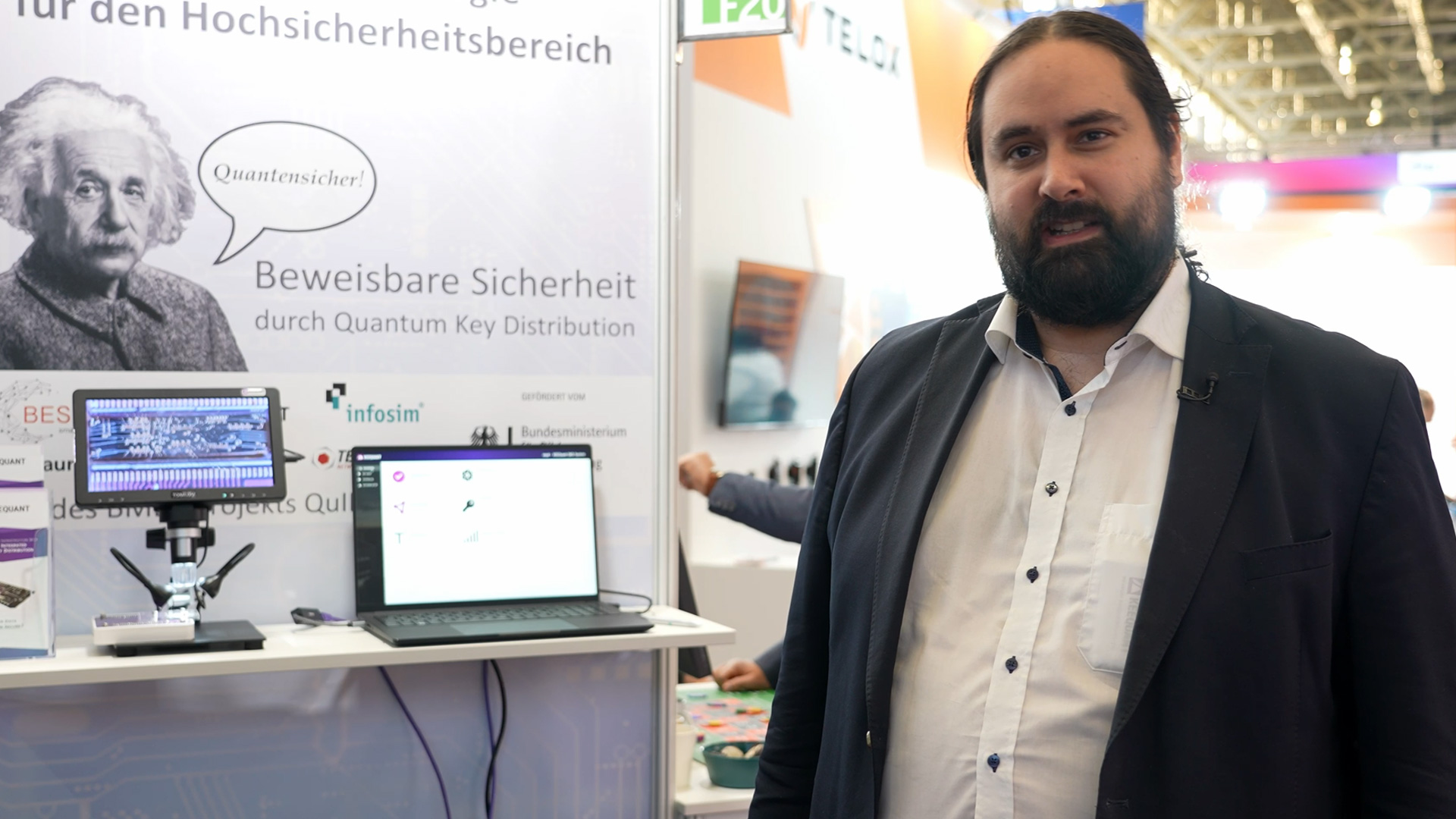

The new technology is aimed in particular at areas where data security is essential. Critical infrastructures such as hospitals, banks, logistics companies and public authorities rely on long-term data security. Patient data, financial information and other sensitive data must often remain protected for decades. With quantum cryptography, KEEQuant offers a solution that meets these requirements and ensures long-term protection against possible attacks.
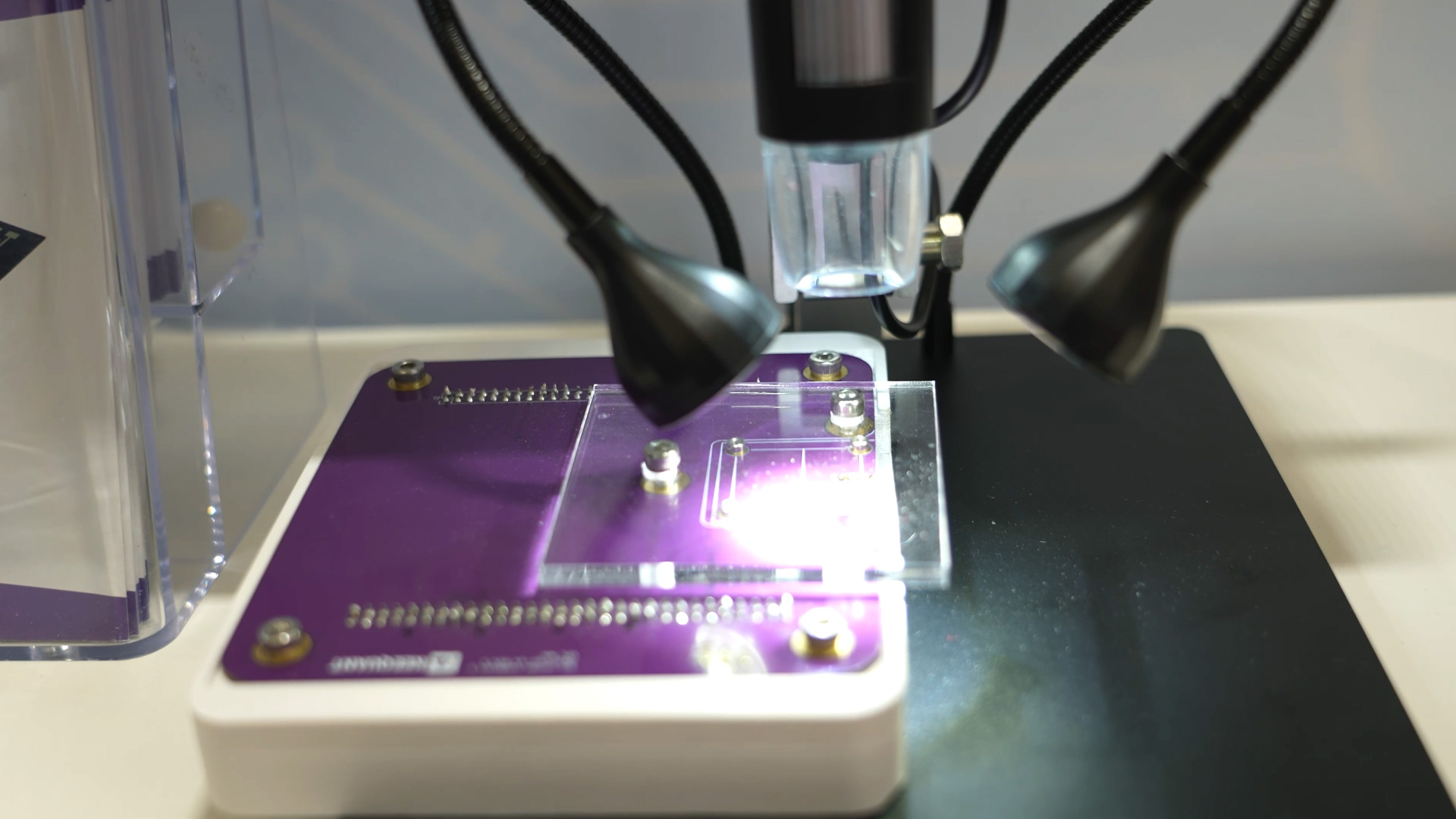
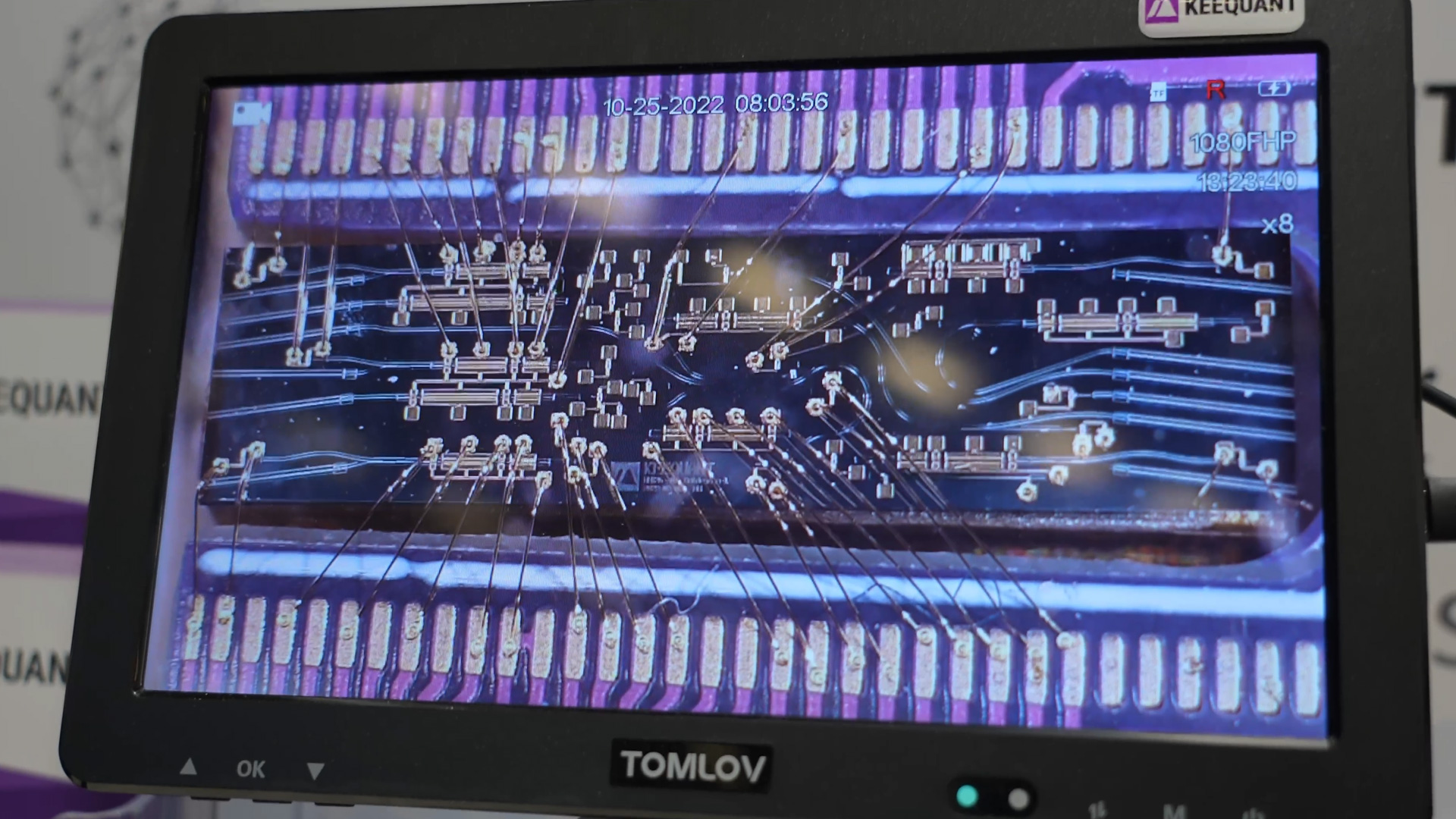
A decisive advantage of quantum cryptography is the paradigm shift it introduces. In contrast to conventional encryption methods, which are compromised by powerful quantum computers, the security of quantum keys remains unassailable. Already today, state actors are recording encrypted data in order to decrypt it using future technologies. This so-called "store-now-and-decrypt-later" strategy is effectively prevented by QKD, as the keys are physically secured and cannot be decrypted by computing power.
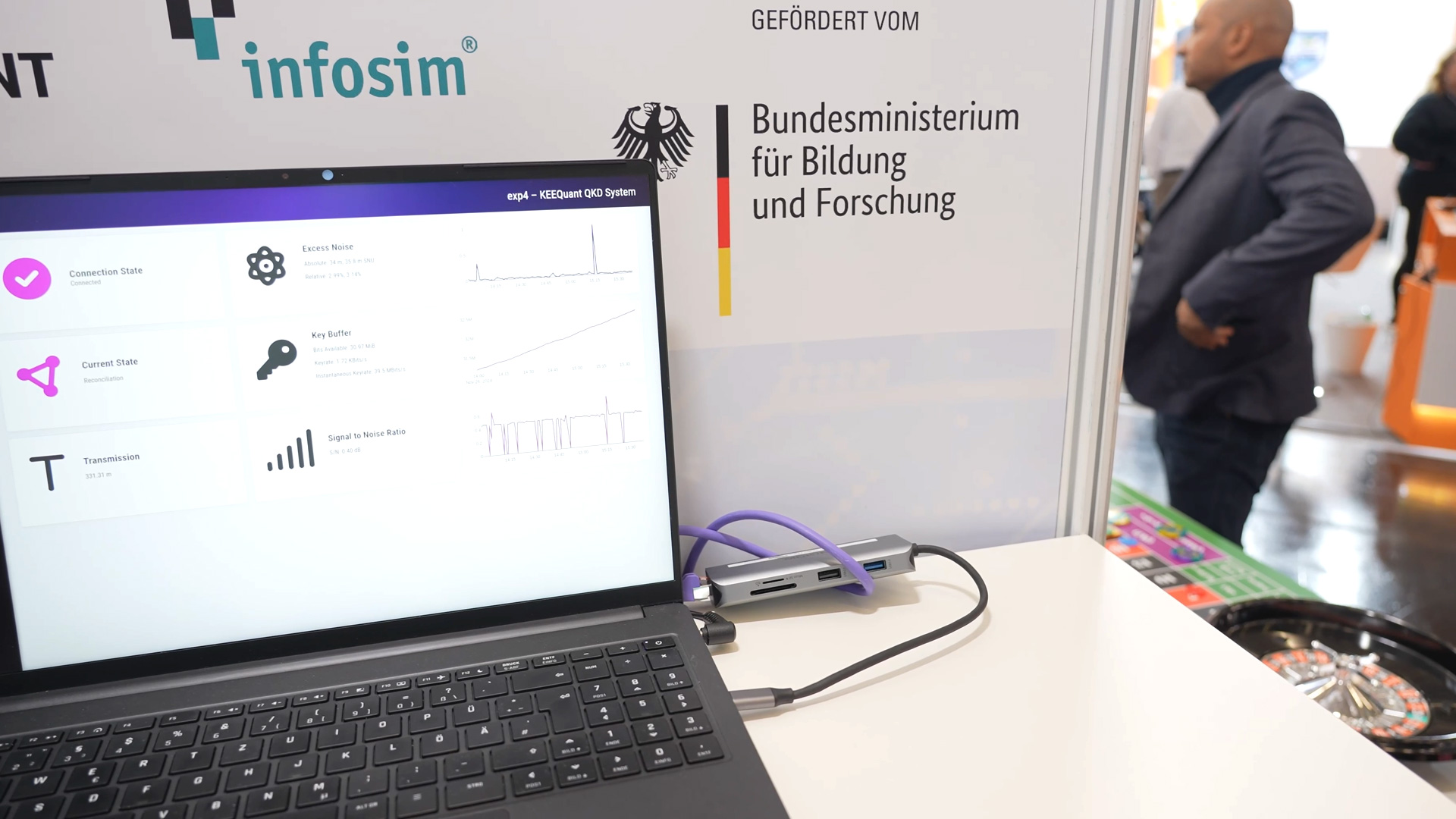
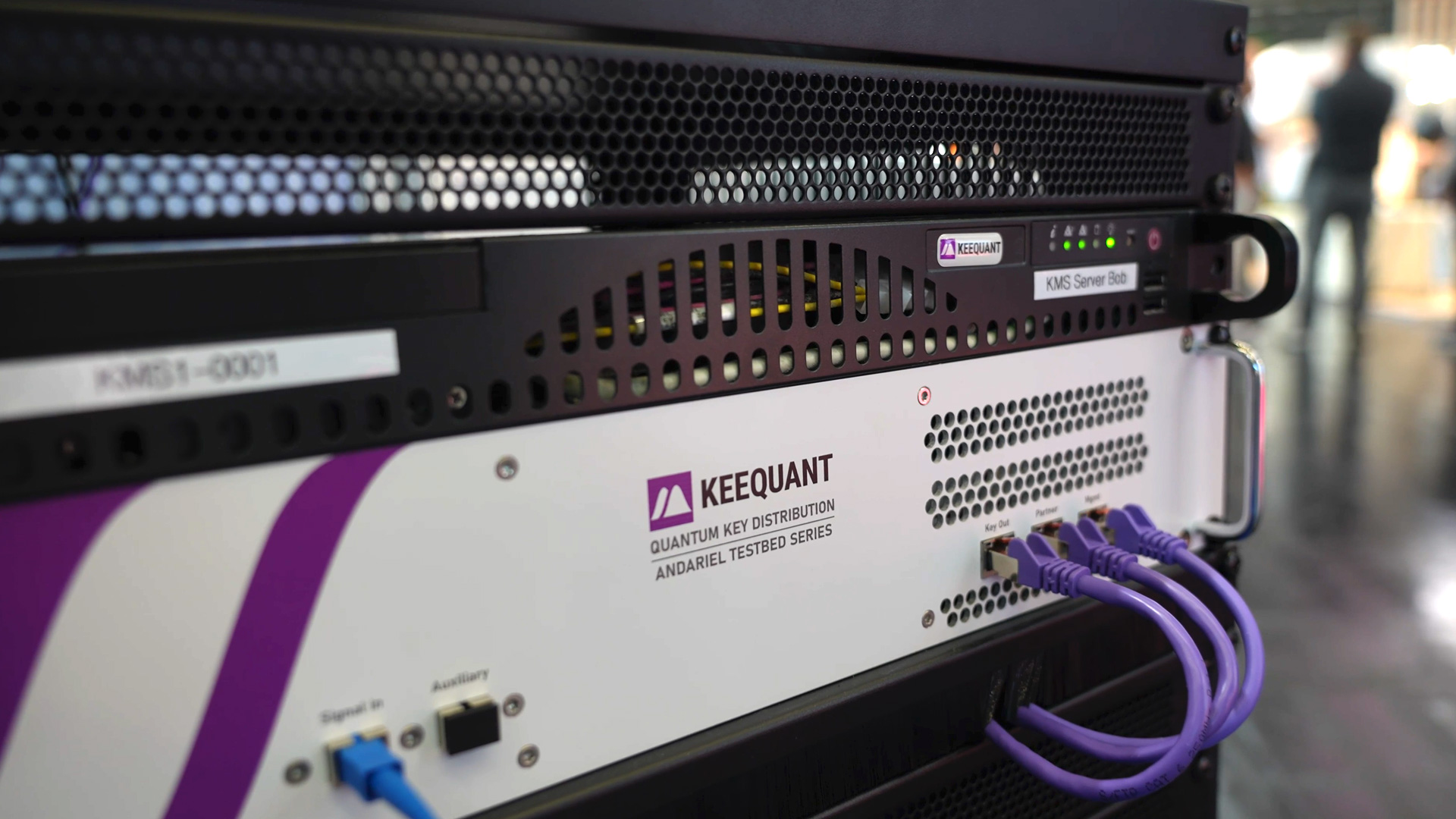
KEEQuant extends the application possibilities of QKD beyond fiber optic cables. In collaboration with partners such as the Fraunhofer Institute and other research institutions, the technology is being developed for ad hoc networks. This enables mobile nodes such as aircraft, ships or vehicles to ensure secure communication in real time. Direct connections or campus networks, supported by technologies such as LiFi and 5G masts, enable end-to-end security that covers both stationary and mobile applications.